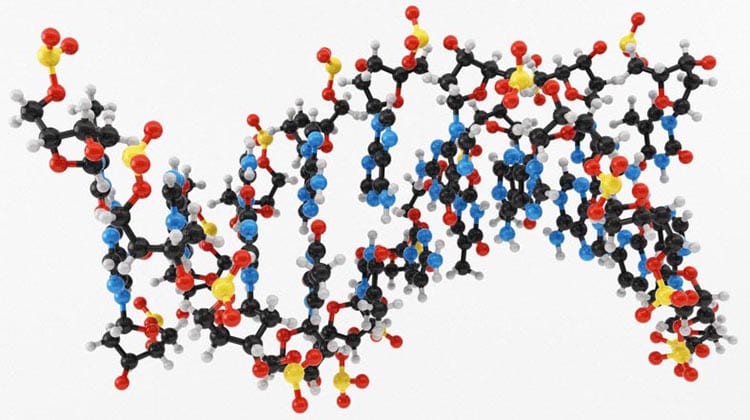New study on genetic tests for cardiovascular disease in primary care

In a world where genetic tests for coronary heart disease (CHD) are becoming increasingly commercially available, how do patients make sense of the results particularly when considered alongside the results from routine cardiovascular risk assessments undertaken by their general practitioner? Continue reading New study on genetic tests for cardiovascular disease in primary care
